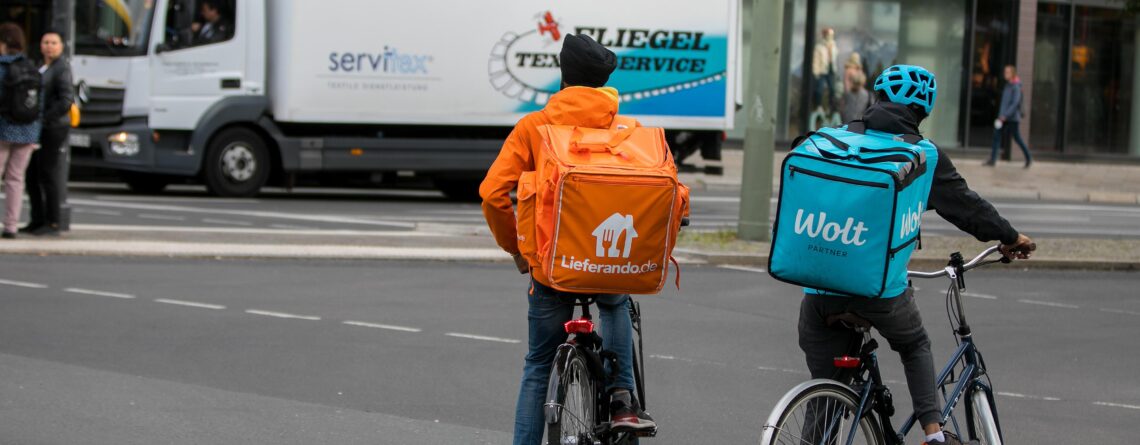New EU gig worker rules will decide who should get benefits for full-time workers
In a bid to improve working conditions for people delivering food and offering rides through smartphone apps, the European Union on Wednesday gave temporary approval to rules that stipulate that Who should get the benefits of full-time employees and restrict online avenues? Platforms use algorithms to manage their employees.
The European Parliament and the 27 EU member states agreed on a platform worker directive that took years to create. It aims to boost protections and benefits for the growing number of gig economy workers, while increasing accountability and transparency for apps that rely on independent contractors.
Gig economy workers and platforms have fallen between the cracks of existing employment law, so this Directive is designed to clear up those gray areas. It still needs to be approved by lawmakers and member states, after which it will have two years to transpose it into their local laws.
“The new rules ensure that platform workers, such as drivers and riders, receive the social and labor rights they deserve, without sacrificing the flexibility of the platform business model,” said Nicolas Schmidt, the bloc’s executive commissioner for jobs and social rights. Are entitled.”
Negotiators say the rules will help clarify the employment status of 5.5 million people who have been mistakenly classified as gig workers but are actually entitled to employee benefits.
A platform that meets at least two of the criteria will be considered an “employer” and people working for that company will be treated as “workers” with rights to a minimum wage, paid leave, pensions, and unemployment and sickness benefits. Will be reclassified in.
Criteria include whether an app electronically limits their pay, monitors work performance, controls working conditions and restricts hours, determines the allocation of tasks, or Determines employee attendance and conduct.
Under the rules, algorithms used to assign work to gig workers must also be monitored by humans to ensure they comply with working conditions. Employees will be able to appeal any automated decisions, such as termination or suspension of their accounts.
Automated monitoring and decision-making systems will have greater insight that would be prevented from using certain types of personal data, such as predictions on workers’ emotional or psychological states or actual or potential union activity.
Read more @benefitscanada











